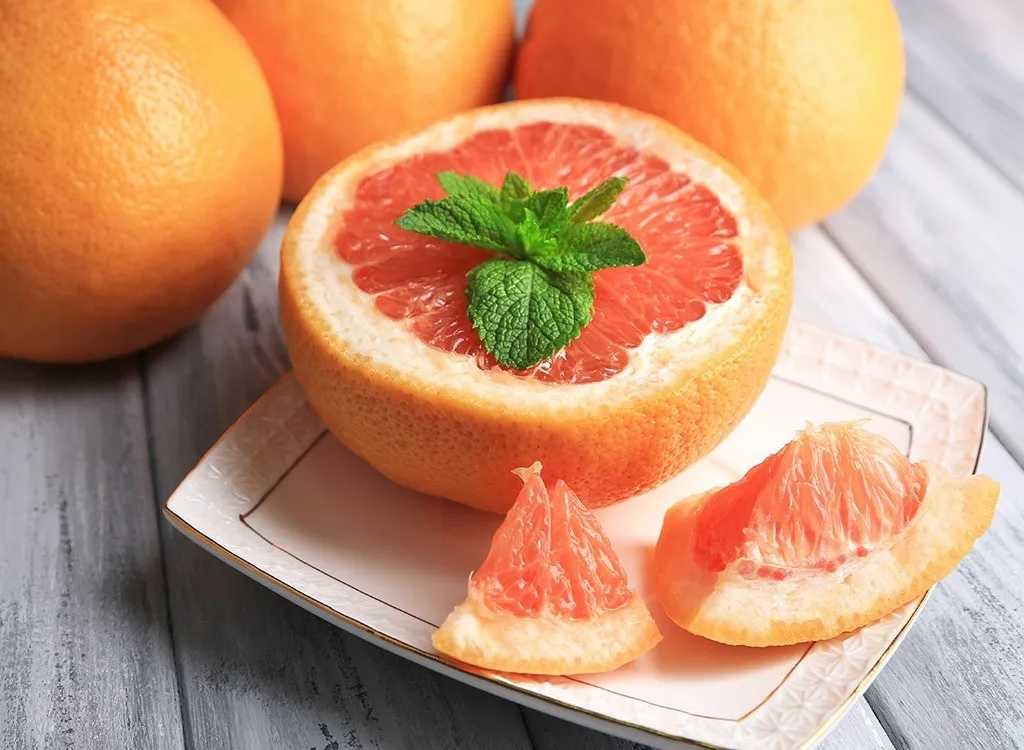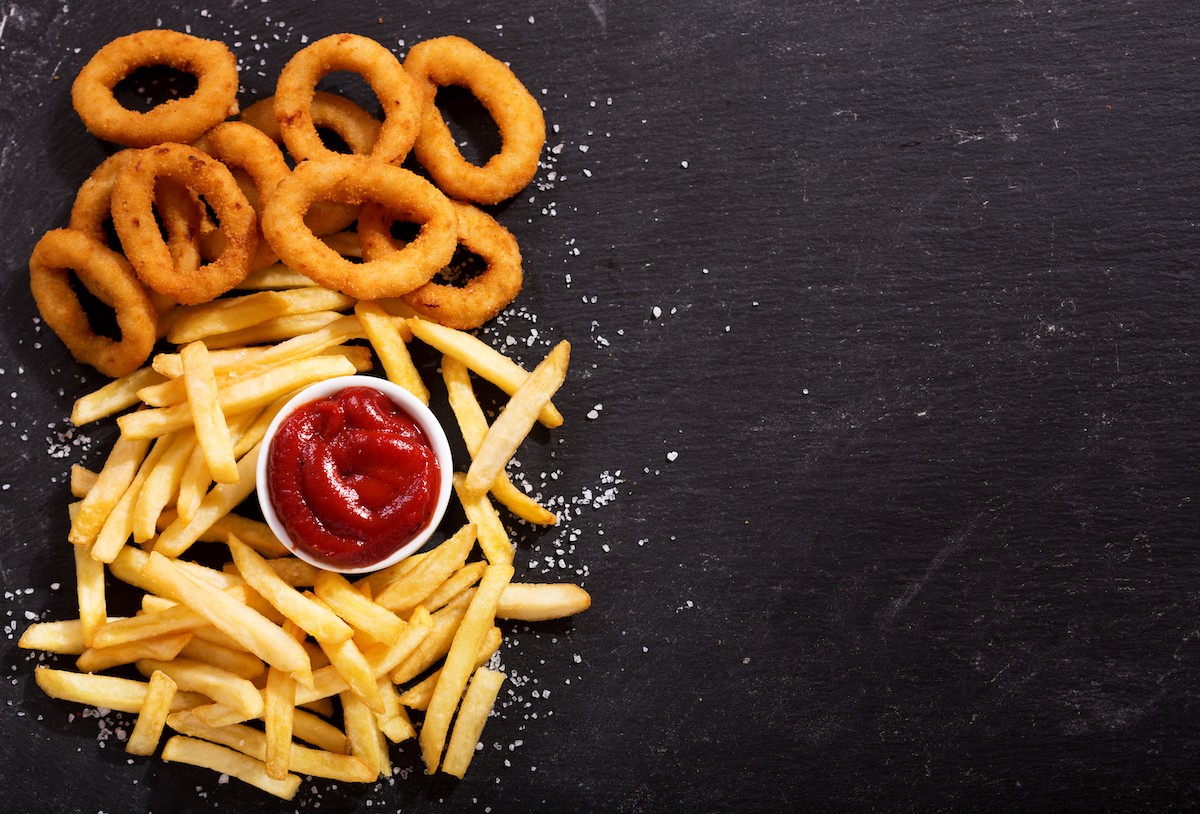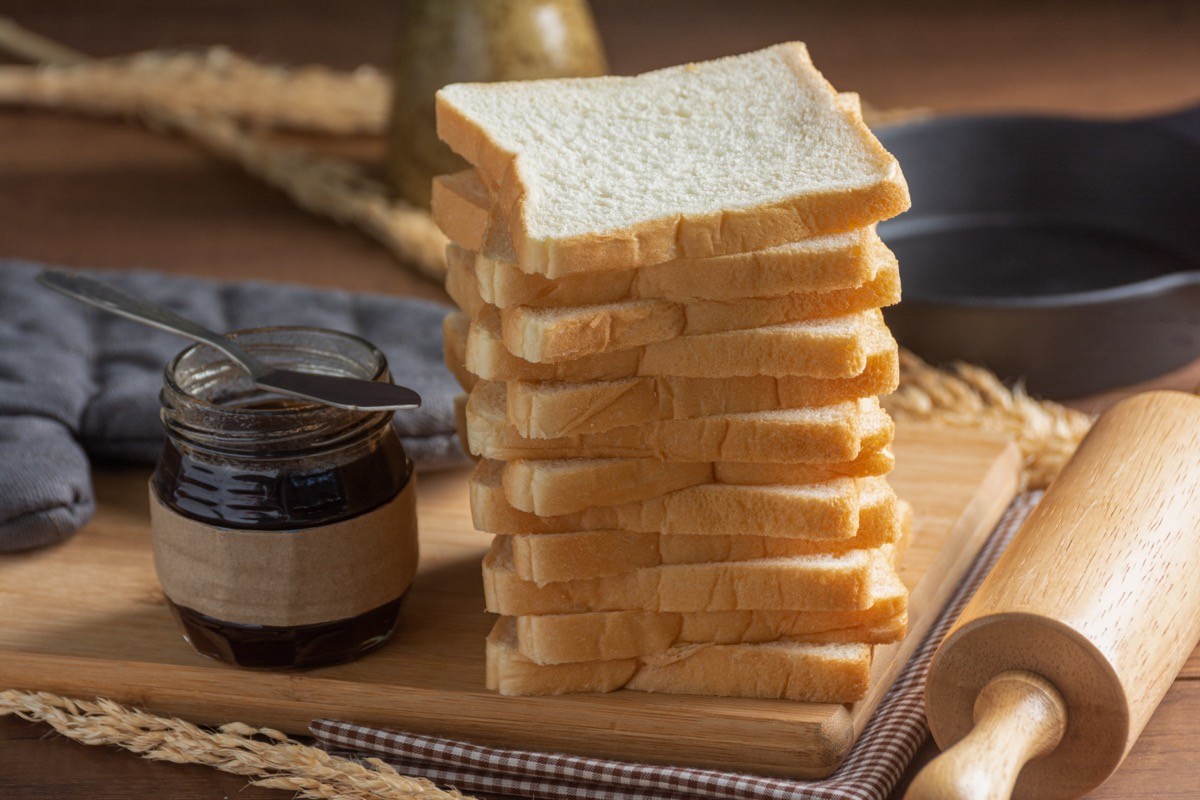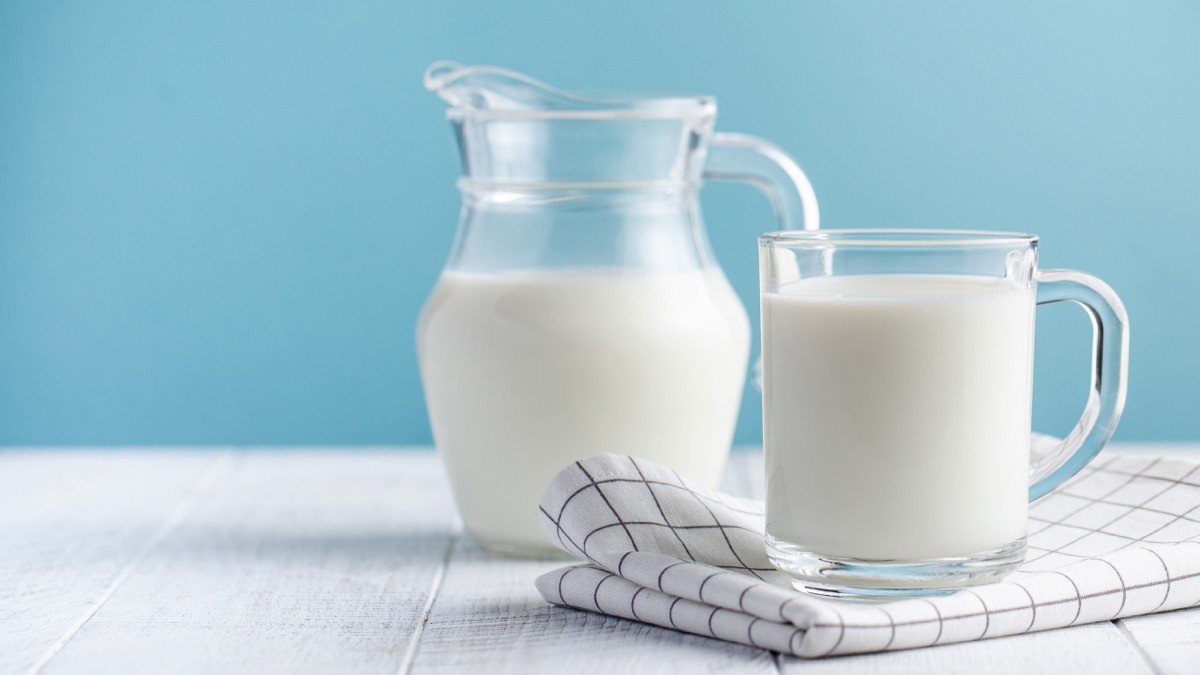If You’re Over 65, Don’t Eat These 6 Foods, Doctors Say

If you’re over 65, you may find that your fitness routine has shifted from intense cardio sessions to low-impact walking. You might also have different medical needs, whether that’s taking more supplements or monitoring your blood pressure. But one thing you may not have adjusted is your diet, and experts say that could be a big oversight.
“As the body ages, metabolism shifts, and supporting muscle mass, blood sugar regulation, and inflammation management become more important than simply reducing calories. Making thoughtful dietary choices can help maintain strength, energy, and overall health,” Melanie Murphy-Richter, RDN, director of communications at L-Nutra, tells Best Life.
Read on to learn which foods experts recommend avoiding over the age of 65.
RELATED: 6 Supplements You Should Never Take If You’re Over 60, Doctors Say.
1
Processed foods

The most common thread throughout the responses we received was that processed foods, especially processed meats, should be avoided by those over 65.
Federica Amati, PhD, head nutritionist at ZOE, points out that ultra-processed foods such as packaged cookies, sugary cereals, and sugar sweetened beverages contribute to about 50 percent of Americans’ added sugar intake.
“These unhealthy foods tend to be low in fiber, high in added sugars, and unhealthy fats, all of which can contribute to inflammation, metabolic dysfunction, and poor gut health,” she explains. “This is particularly concerning for people over 65, as aging is naturally associated with increased inflammation and a higher risk of conditions like cardiovascular disease, type 2 diabetes, and cognitive decline.”
Processed meats—sausages, hot dogs, and deli meats, to name a few—are also high in nitrates, “which can increase the risk of heart disease, high blood pressure and other health issues as we age,” says Elias Ortiz, MD, chief bariatric surgeon at Elias Ortiz & Company. “As metabolism slows down, the body has a harder time processing these heavy, salty foods.”
2
Grapefruit

Whether or not someone over 65 should consume grapefruit or grapefruit juice hinges on the medications they take, which can interact with the fruit and cause potentially life-threatening side effects.
“For instance, grapefruit should not be consumed by those who are taking statin drugs to lower cholesterol, anticoagulant blood thinners, and certain antihistamines,” explains Connie Elick, RD, registered dietitian and an instructor at the Institute of Culinary Education. “Consuming grapefruit may increase blood levels of these medications to dangerous levels, which can lead to harmful effects, including an increased risk of bleeding.”
“It is advisable to consult your physician when starting new medications to determine which foods should be avoided,” she adds.
3
Fried foods

Fried foods are unhealthy regardless of age, but they can do more harm over 65.
“Deep-fried foods contain unhealthy trans fats and excessive calories, leading to weight gain, high cholesterol, and increased inflammation,” shares Jennifer Habashy, NMD, assistant medical director at Claya and Strata. “Since metabolism naturally slows with age, consuming these foods frequently can accelerate chronic conditions such as diabetes, heart disease, and joint pain.”
Since cutting out things like cupcakes and donuts entirely may be difficult, registered dietician nutritionist Susan Kundrat suggests treating these foods as “delicacies.”
“For example, adding a luscious onion ring to a lean burger instead of eating a side of rings with your meal,” she recommends.
4
Canned soups

Canned soups are are one of the biggest culprits when it comes to excessive sodium.
“Many canned soups are high in sodium and preservatives, which can lead to fluid retention and increased blood pressure,” explains Michelle Routhenstein, RD, cardiology dietitian at EntirelyNourished.com. “For older adults, this poses a particular concern as their kidneys often become less efficient at processing excess sodium, which may increase the risk of cardiovascular disease and kidney dysfunction.”
Processed meats, frozen meals, and ultra-salty snacks are some other sodium offenders.
RELATED: Eating These 7 Foods Can Lower Your Blood Sugar, Doctors Say.
5
Refined carbs

Refined carbs are those that have been processed to remove fiber. This process removes key nutrients, too, which are then often added back in by the manufacturer, according to the Centers for Disease Control and Prevention (CDC). Examples of refined carbs include white bread, white rice, white pasta, pastries, and many cereals.
“Refined grains spike blood sugar quickly and lack fiber, which is essential for digestion and blood sugar control,” notes Habashy. “As we age, insulin sensitivity tends to decline, increasing the risk of diabetes and cognitive decline.”
She recommends swapping these foods for whole grains like quinoa, brown rice, and whole wheat bread.
6
Unpasteurized dairy

There are two reasons to avoid unpasteurized dairy products if you’re over 65.
First, it may be difficult to digest dairy as “many older adults experience a reduction in lactase production,” notes Murphy Richter. “For those who notice digestive discomfort, fermented dairy alternatives or plant-based sources of calcium, like leafy greens, nuts, and seeds, may be better tolerated.”
But eating any raw foods—soft cheeses, raw eggs, unpasteurized milk, and raw seafood—could pose a problem, Elick adds.
“As we age, our immune systems become more vulnerable to foodborne illnesses,” she explains. “Instead, opt for hard cheeses, thoroughly cooked eggs, and seafood. Always choose pasteurized milk for safety.”